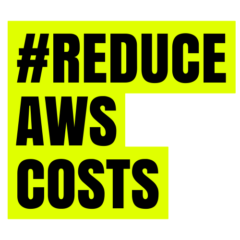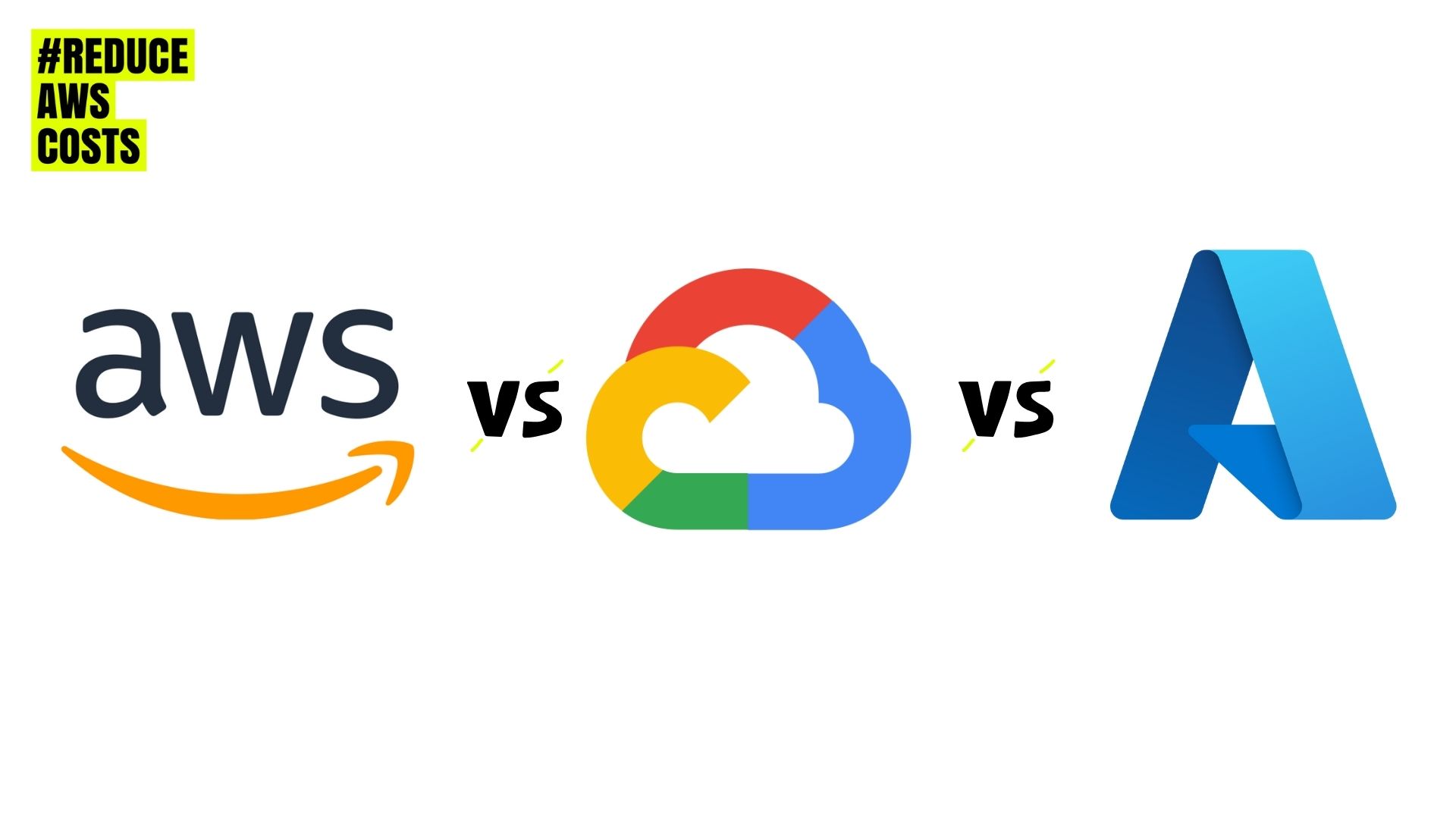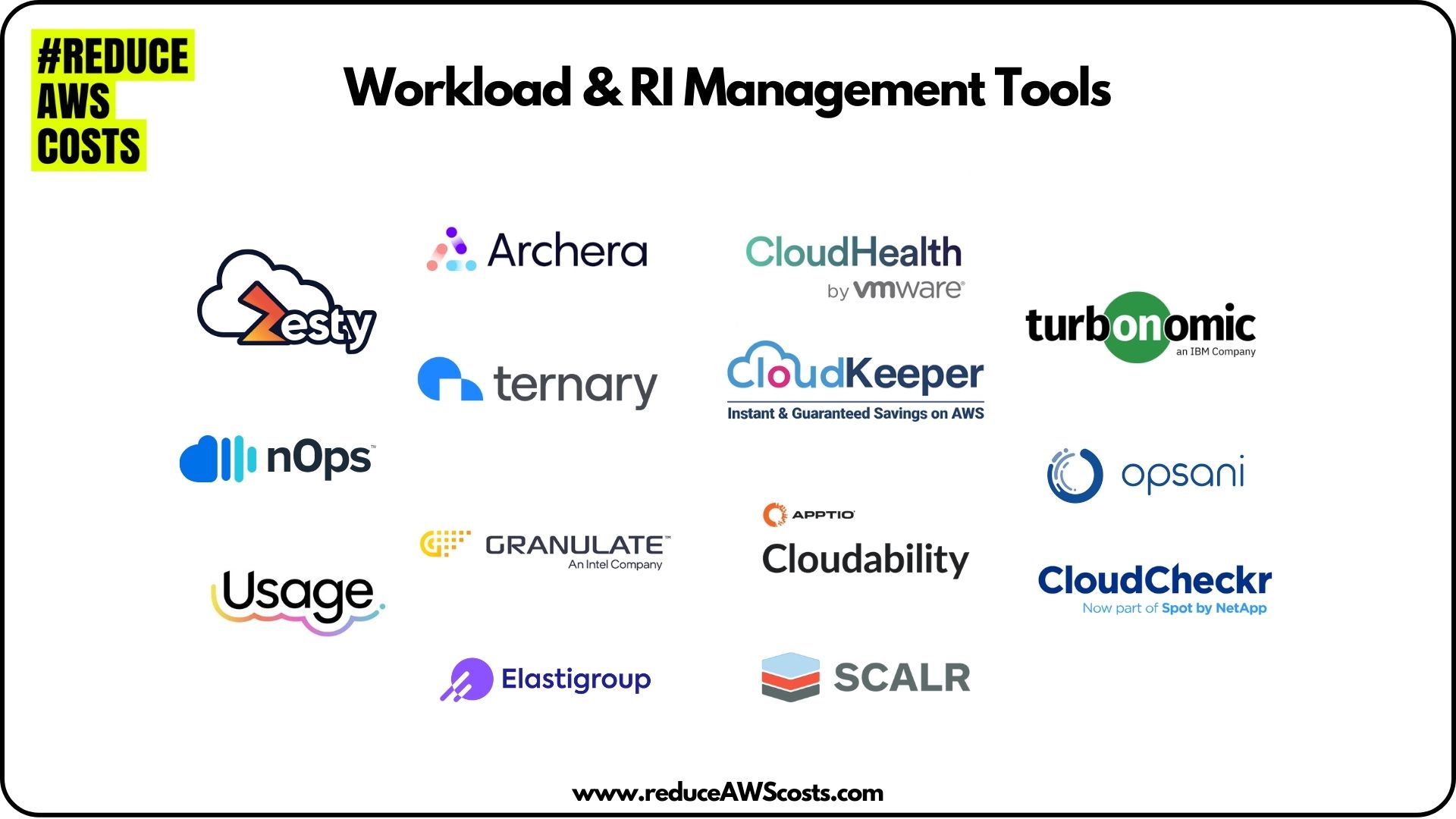Making the right cloud service comparison is a pivotal decision for businesses aiming to harness the potential of cloud computing. Three major players in this landscape who are dominating more than 64% of the global cloud services market (read the related post Cloudscape 2024: Top Cloud Service Providers) are Amazon Web Services (AWS), Google Cloud Platform (GCP), and Microsoft Azure.
This post aims to provide an in-depth comparison of their services, aiding businesses in making informed choices based on their unique requirements.
Blog post outline:
- I. Overview of All Three Cloud Services
- II. Service Cloud Offerings
- III. Ease of Use of the top 3 Cloud Services Providers
- IV. Pricing of the top 3 Cloud Services Providers
- V. Performance of the top 3 Cloud Services Providers
- VI. Global Reach and Compliance of the top 3 Cloud Services Providers
I. Overview of All Three Cloud Services
A) AWS (Amazon Web Services)
AWS is obviously global leader, offering a vast array of services and a robust global infrastructure. It caters to businesses of all sizes, as well as it provides a comprehensive suite of cloud solutions. Amazon Web Services (AWS), a pioneer in cloud computing, has transformed the digital landscape by providing a robust and at the same time expansive set of cloud services.
This post aims to provide a comprehensive overview of AWS cloud services, offering insights into the diverse offerings that power businesses worldwide.
AWS Compute Services
- Amazon EC2 (Elastic Compute Cloud): Virtual servers in the cloud, allowing scalable compute capacity.
- AWS Lambda: Event-driven, serverless computing for executing code without provisioning or managing servers.
AWS Storage Services
- Amazon S3 (Simple Storage Service): Object storage designed for scalability, data archiving, and backup.
- Amazon EBS (Elastic Block Store): Persistent block-level storage volumes for EC2 instances.
AWS Database Services
- Amazon RDS (Relational Database Service): Managed relational databases with support for various database engines.
- Amazon DynamoDB: Fully managed NoSQL database for applications requiring single-digit millisecond latency.
AWS Networking
- Amazon VPC (Virtual Private Cloud): Isolated cloud resources, enabling a customizable network environment.
- Amazon Route 53: Scalable domain name system (DNS) web service for routing end-user requests.
AWS Machine Learning and AI
- Amazon SageMaker: Fully managed service for building, training, and deploying machine learning models.
- Amazon Polly: Text-to-speech service using advanced deep learning technologies.
AWS Analytics and Big Data
Amazon Redshift: Fully managed data warehouse service for analytics and reporting.
Amazon EMR (Elastic MapReduce): Cloud-based big data platform for processing vast amounts of data quickly.
AWS Security and Identity
AWS Identity and Access Management (IAM): Secure control access to AWS services and resources.
Amazon GuardDuty: Managed threat detection service continuously monitoring for malicious activity.
AWS Developer Tools
AWS CodePipeline: Continuous integration and continuous delivery (CI/CD) service for fast and reliable application updates.
AWS Cloud9: Cloud-based integrated development environment (IDE) for writing, running, and debugging code.
AWS Internet of Things (IoT)
AWS IoT Core: Managed cloud service for connecting devices, securely interacting with cloud applications.
AWS Containers and Kubernetes
Amazon ECS (Elastic Container Service): Highly scalable, high-performance container management service.
Amazon EKS (Elastic Kubernetes Service): Managed Kubernetes service for deploying, managing, and scaling containerized applications.
Conclusion on AWS
Amazon Web Services, with its vast array of cloud services, empowers businesses with the key focus on flexibility, scalability, and innovation. This overview only scratches the surface of AWS’s offerings, showcasing its versatility across computing, storage, databases, machine learning, security, and more. As organizations continue to migrate to the cloud, understanding AWS services becomes crucial for optimizing and unleashing the full potential of cloud-based solutions.
B) GCP (Google Cloud Platform)
Renowned for its innovation and data analytics capabilities, GCP is favoured for machine learning and big data solutions. It attracts businesses looking for cutting-edge technologies. Google Cloud Platform (GCP) stands at the forefront of cloud computing, offering a diverse and innovative suite of services to businesses and developers. In this post, we’ll delve into the key categories of GCP, providing insights into how these services cater to various computing needs.
GCP Compute Services
- Compute Engine: Virtual machines (VMs) in the cloud for scalable and flexible computing.
- App Engine: Fully managed platform for building and deploying applications.
GCP Storage Services
- Cloud Storage: Object storage for storing and retrieving any amount of data.
- Persistent Disks: High-performance block storage for VM instances.
GCP Database Services
- Cloud SQL: Fully managed relational databases for PostgreSQL, MySQL, and SQL Server.
- Firestore: NoSQL document database for building web, mobile, and server applications.
GCP Networking
- Virtual Private Cloud (VPC): Global, scalable, and flexible networking options for GCP resources.
- Cloud Load Balancing: Automated, scalable load balancing for applications.
GCP Machine Learning and AI
- AI Platform: Managed services for building, training, and deploying machine learning models.
- Vision AI: Pre-trained models for image recognition and analysis.
GCP Analytics and Big Data
- BigQuery: Fully-managed, serverless data warehouse for analytics.
- Dataproc: Fully-managed Apache Spark and Hadoop service for big data processing.
GCP Security and Identity
- Identity and Access Management (IAM): Fine-grained access control for GCP resources.
- Security Command Center: Unified security management and data risk detection.
GCP Developer Tools
- Cloud SDK: Command-line tools for GCP services and resources.
- Cloud Source Repositories: Git repositories to host, track, and manage code.
GCP Internet of Things (IoT)
- Cloud IoT Core: Fully-managed service to easily and securely connect, manage, and ingest data from IoT devices.
GCP Containers and Kubernetes
- Google Kubernetes Engine (GKE): Managed Kubernetes service for orchestrating containerized applications.
- Cloud Run: Fully managed compute platform for deploying and scaling containerized applications quickly.
Conclusion on GCP
Google Cloud Platform continues to empower businesses with a comprehensive set of services, ranging from computing and storage to advanced AI and machine learning. As organizations increasingly adopt cloud technologies, GCP’s versatility, reliability, and scalability make it a formidable player in the cloud computing landscape. Whether you’re building applications, analyzing big data, or securing your resources, GCP provides the tools and infrastructure needed to thrive in the digital era.
C) Azure (Microsoft Azure)
Microsoft’s cloud platform, Azure, is known for seamless integration with Microsoft products. However, it is highly suitable for enterprises with a Windows-centric environment. Microsoft Azure, a cornerstone in the realm of cloud computing, offers a comprehensive suite of services designed to meet the diverse needs of businesses and developers alike. In this post, we’ll embark on a journey through the key categories of Azure, exploring how its myriad services cater to various computing requirements.
Azure Compute Services
- Virtual Machines (VMs): Scalable and flexible computing in the cloud.
- Azure App Service: Fully managed platform for building, deploying, and scaling web apps.
Azure Storage Services
- Azure Blob Storage: Object storage for any type of unstructured data.
- Azure File Storage: Fully managed file shares that can be accessed from anywhere.
Azure Database Services
- Azure SQL Database: Fully managed relational database as a service.
- Cosmos DB: Globally distributed, multi-model database for various applications.
Azure Networking
- Azure Virtual Network: Isolated and securely connected Azure resources.
- Azure Load Balancer: High-performance, scalable load balancing for applications.
Azure Machine Learning and AI
- Azure Machine Learning: Tools for building, training, and deploying machine learning models.
- Cognitive Services: Pre-built AI capabilities for vision, speech, language, and more.
Azure Analytics and Big Data
- Azure Synapse Analytics: Integrated analytics service for big data and data warehousing.
- HDInsight: Fully managed, open-source analytics service for enterprises.
Azure Security and Identity
- Azure Active Directory (AD): Identity and access management for secure sign-ins.
- Azure Sentinel: Cloud-native SIEM (Security Information and Event Management) and SOAR (Security Orchestration, Automation, and Response).
Azure Developer Tools
- Azure DevOps Services: Tools for planning, developing, testing, and delivering applications.
- Visual Studio Code: Lightweight, cross-platform code editor for cloud development.
Azure Internet of Things (IoT)
- Azure IoT Hub: Managed service for secure and scalable IoT device connectivity.
- Azure IoT Central: Fully managed IoT application platform.
Azure Containers and Kubernetes:
- Azure Kubernetes Service (AKS): Managed Kubernetes service for container orchestration.
- Azure Container Instances: Easily run containers without managing the infrastructure.
Conclusion on Microsoft Azure
Microsoft Azure emerges as a stalwart in the cloud computing landscape, providing a rich tapestry of services across compute, storage, databases, networking, and advanced capabilities like AI and machine learning. As organizations navigate the complexities of the digital era, Azure stands as a reliable ally, empowering them to innovate, scale, and secure their operations in the cloud. Whether you’re developing applications, analyzing vast datasets, or orchestrating containerized solutions, Microsoft Azure offers the tools and infrastructure essential for a successful cloud journey.
II. Service Cloud Offerings Comparison
The Cloud Giants Unveiled: GCP vs. AWS vs. Azure Service Offerings Comparison offers a detailed exploration of the core services provided by Google Cloud Platform (GCP), Amazon Web Services (AWS), and Microsoft Azure. In the realm of compute services, GCP boasts Google Compute Engine, while AWS provides scalable compute capacity through EC2 instances, and Azure offers Virtual Machines and Azure App Service for web apps. Each cloud giant’s storage services include GCP’s Cloud Storage, AWS’s S3 for scalable object storage, and Azure’s Blob Storage for unstructured data.
AWS
With a rich service catalog, AWS covers computing, storage, databases, machine learning, analytics, and more.
Focus on: Specialized solutions for various industries and business needs.
GCP
GCP excels in data analytics, machine learning, and container orchestration. It provides a streamlined set of services,
Focus on: simplicity and integration.
AZURE
Azure’s strength lies in hybrid cloud solutions, enterprise applications, and Windows-centric environments.
Focus on: comprehensive range of services comparable to AWS.
III. Ease of Use of the top 3 Cloud Services Providers
Choosing a cloud service provider involves evaluating the ease of use across Google Cloud Platform (GCP), Amazon Web Services (AWS), and Microsoft Azure. Each platform offers distinct advantages, with GCP known for simplicity, AWS for its extensive ecosystem, and Azure for seamless integration with Microsoft products. The user experience is subjective and depends on factors such as familiarity and specific operational requirements. Organizations should carefully assess their needs, consider the learning curve, and select a cloud provider that aligns with their usability preferences and overall business goals.
AWS
Known for its extensive services, AWS has a steeper learning curve. However, its detailed documentation and tutorials assist users in navigating its offerings.
GCP
Designed with simplicity in mind, GCP is favored for its user-friendly interface and ease of integration with other Google services.
AZURE
Azure’s interface is intuitive, especially for businesses already using Microsoft products. Its familiarity and seamless integration make it accessible for Windows-centric environments.
IV. Pricing of the top 3 Cloud Services Providers
Choosing the right cloud service provider is a pivotal decision for businesses, and comparing the pricing models of Amazon Web Services (AWS), Google Cloud Platform (GCP), and Microsoft Azure is essential for informed choices. AWS operates on a pay-as-you-go system, offering Reserved Instances (RIs) and Savings Plans for committed usage. GCP emphasizes sustained use discounts and flexible options like Custom Machine Types. Azure provides versatility with pay-as-you-go, reserved, and spot instances, along with tools like Azure Hybrid Benefit. The decision-making process should involve a comprehensive analysis of usage patterns, operational needs, and growth considerations to align with the most cost-effective and strategically fitting cloud provider.
AWS
Offers a pay-as-you-go model with various pricing options. While flexible, understanding the pricing structure can be complex.
GCP
Known for its transparent pricing, GCP offers a simplified model. It provides a pricing calculator for easy estimation.
AZURE
Offers competitive pricing with various options. Azure’s Hybrid Benefit allows businesses to use existing licenses to save on certain Azure services.
V. Performance of the top 3 Cloud Services Providers
Performance is a critical aspect when selecting a cloud service provider, and comparing the offerings of Amazon Web Services (AWS), Google Cloud Platform (GCP), and Microsoft Azure is crucial for businesses seeking optimal results. AWS, a pioneer in cloud services, boasts a vast global infrastructure, providing low-latency access to services. GCP emphasizes high-performance computing with offerings like Compute Engine, Google Kubernetes Engine, and advanced networking capabilities. Azure, Microsoft’s cloud platform, stands out for its extensive data center network and diverse set of services, including Azure Virtual Machines and Azure Functions. Evaluating performance requires considering factors like geographic presence, specific service offerings, and compatibility with application requirements, ensuring businesses choose a provider that aligns with their performance expectations and objectives.
AWS
Known for its global infrastructure, AWS ensures high performance and low-latency solutions. It is preferred for scalability and reliability.
GCP
Offers high-speed networks and is recognized for efficient data analytics and machine learning capabilities.
AZURE
Provides robust performance, particularly for enterprises with a Windows-centric environment. Azure’s global presence ensures low-latency services.
VI. Global Reach and Compliance of the top 3 Cloud Services Providers
The global reach and compliance standards of cloud service providers play a pivotal role in meeting the diverse needs of businesses across the globe. Amazon Web Services (AWS), as a frontrunner, operates an extensive global infrastructure with data centers strategically positioned worldwide, ensuring low-latency access to services and compliance with various regional regulations. Google Cloud Platform (GCP) emphasizes its extensive network and robust infrastructure to deliver services globally, with a focus on compliance through certifications like ISO 27001 and SOC 2. Microsoft Azure, with a vast data center presence, excels in providing global coverage and adheres to a multitude of compliance standards, such as GDPR, HIPAA, and FedRAMP. Choosing a cloud service provider requires a careful evaluation of their global footprint and commitment to compliance, ensuring businesses can seamlessly operate across regions while meeting regulatory requirements.
AWS
Boasts a vast global network of data centers, ensuring a strong global presence. Complies with numerous industry standards and certifications.
GCP
Expanding its global reach, GCP has data centers strategically located. Adheres to various compliance standards, especially in data protection.
AZURE
Microsoft Azure has an extensive global network. It aligns with stringent compliance standards and offers strong regulatory compliance.
Conclusion
Choosing between GCP, AWS, and Azure depends on the specific needs, preferences, and existing technology stacks of a business. AWS is recognized for its extensive service catalog and global infrastructure, GCP for innovation and data analytics, and Azure for seamless integration with Microsoft products. Businesses should evaluate their unique requirements and long-term goals to make an informed decision among these cloud giants.




